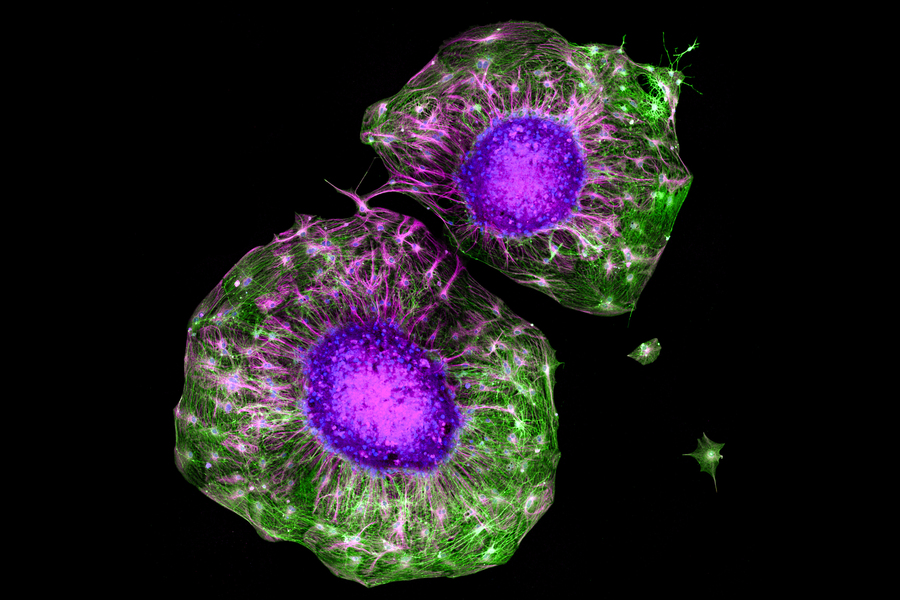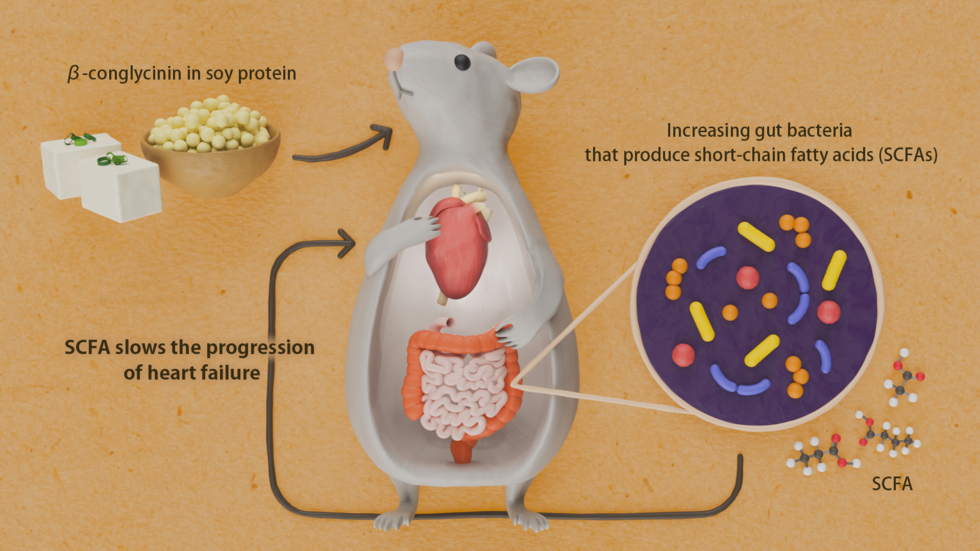
Credits:Credit: Angel Bu
The findings suggest that biochemical and physical effects of exercise could help heal nerves. There’s no doubt that exercise does a body good. Regular activity not only strengthens muscles but can bolster our bones, blood vessels, and immune system.
Now, MIT engineers have found that exercise can also have benefits at the level of individual neurons. They observed that when muscles contract during exercise, they release a soup of biochemical signals called myokines...
Read More









Recent Comments